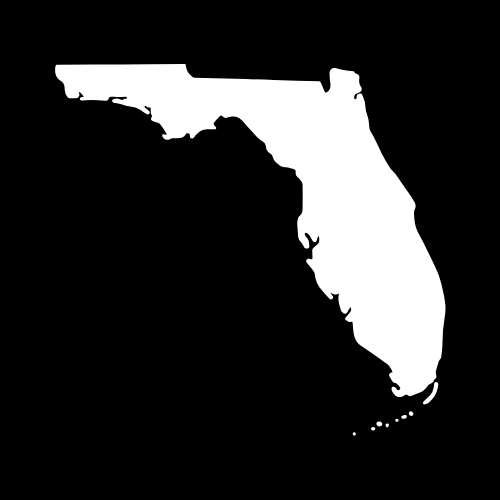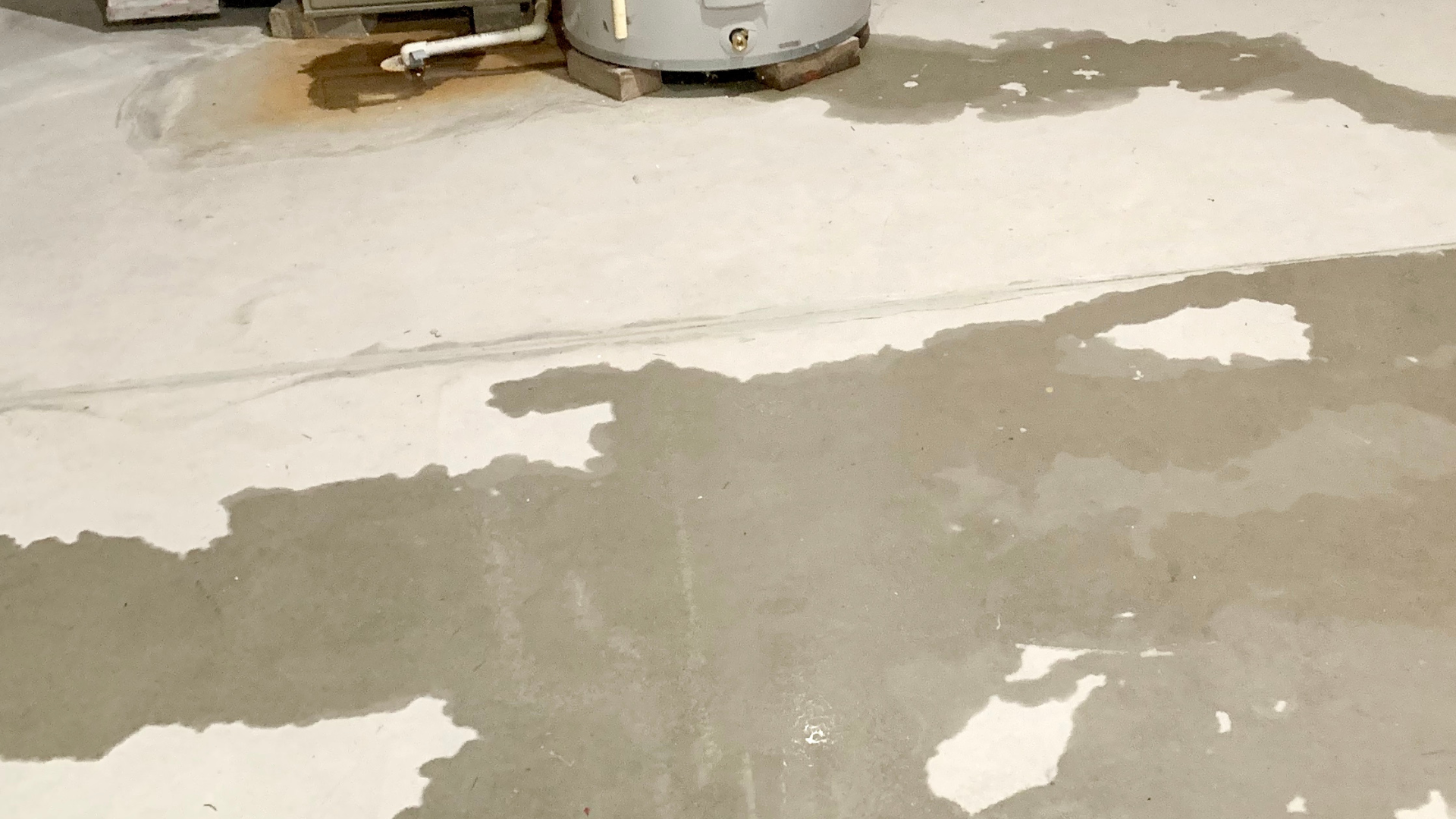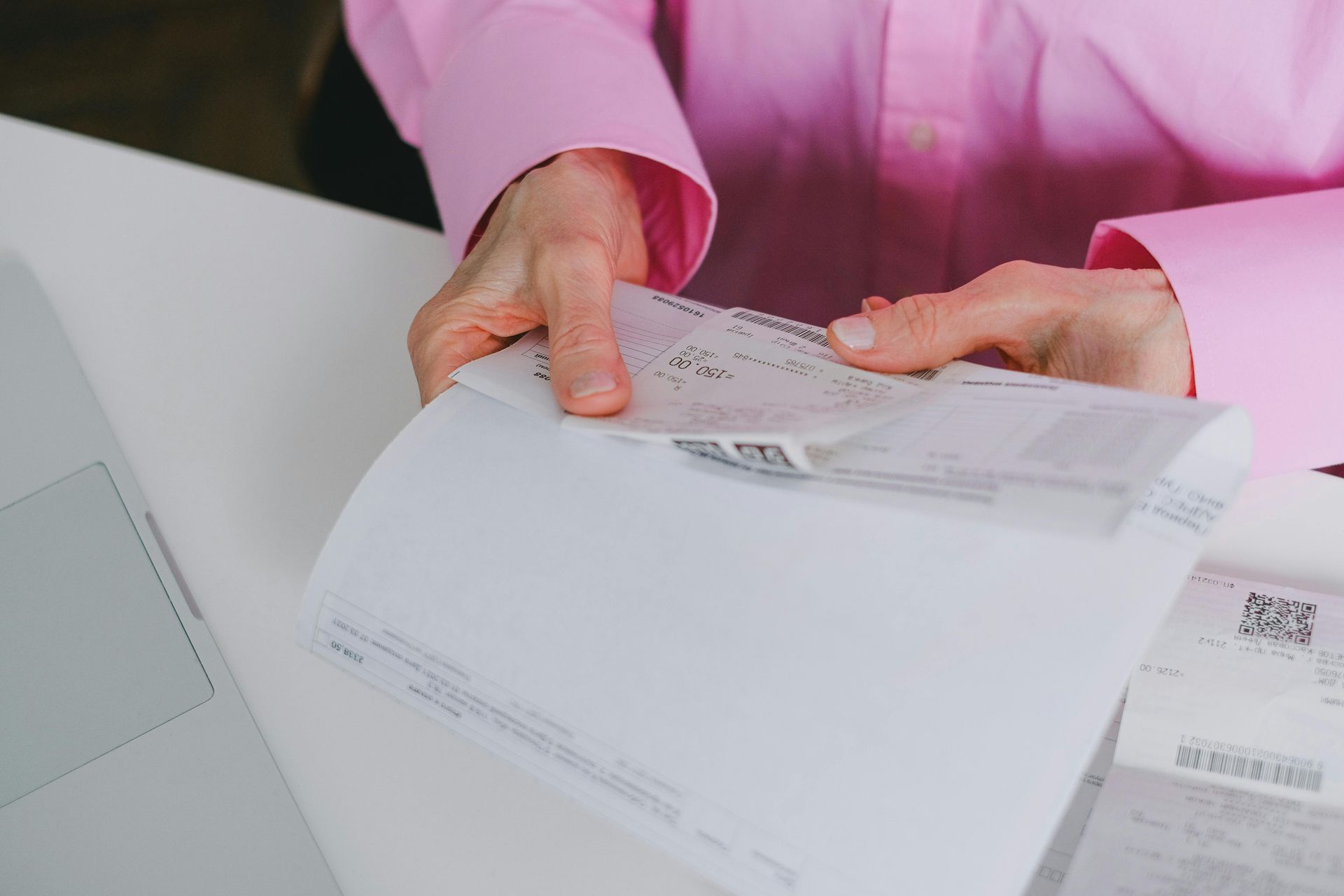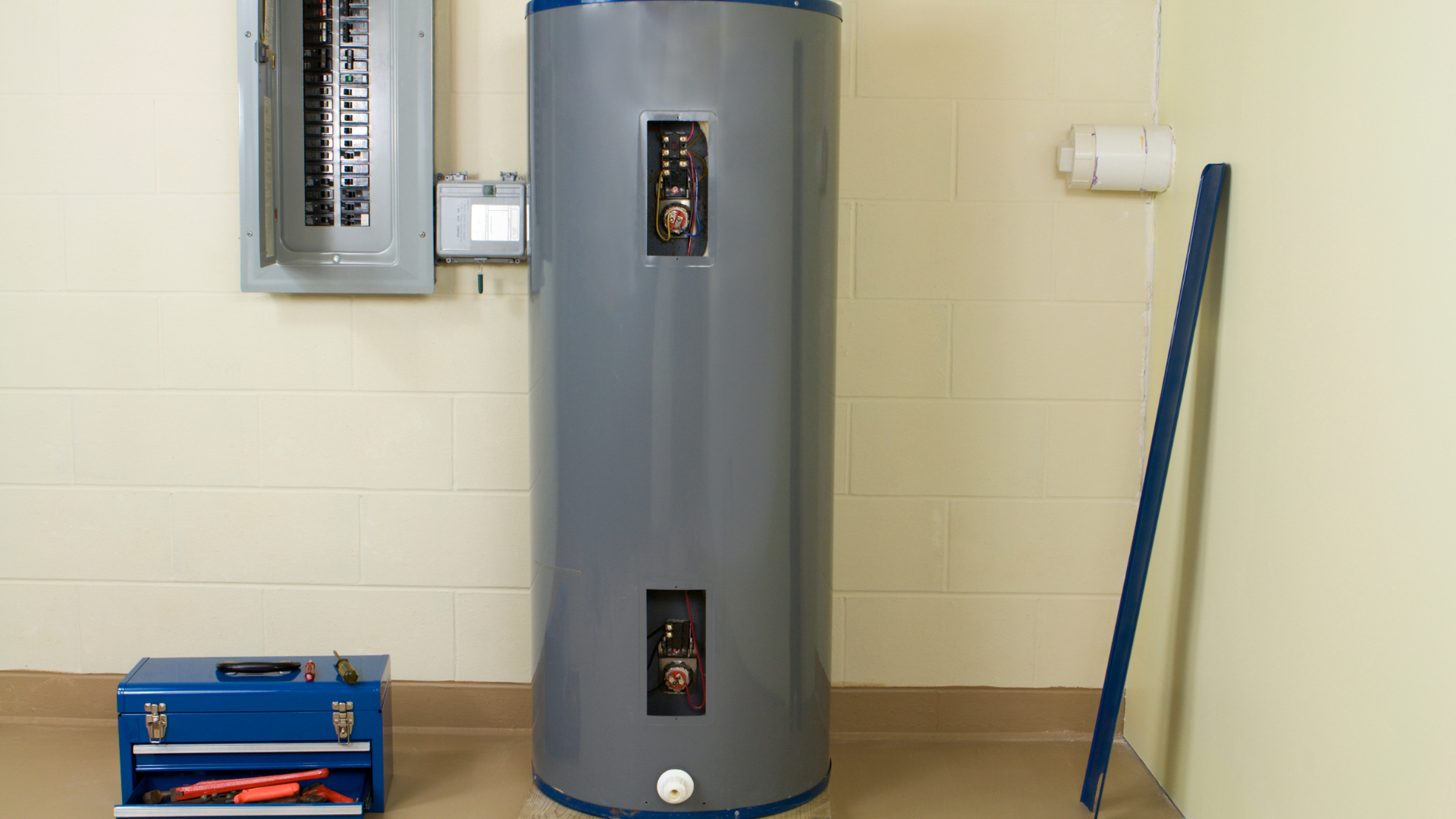Florida
How a Homeowner Can Navigate Contractor Licensing in the Sunshine State

For homeowners in Florida, understanding contractor licensing is crucial, as the state has a robust, centralized system. The Sunshine State distinguishes between "certified" contractors (statewide) and "registered" contractors (local jurisdiction-specific), with the Department of Business and Professional Regulation (DBPR) overseeing both. Sales tax application on home service projects also follows specific rules, generally favoring the "contractor as consumer" model for real property improvements.
Licensing Requirements for Home Service Contractors in Florida
Florida has one of the most comprehensive statewide licensing systems for construction contractors, administered by the Florida Department of Business and Professional Regulation (DBPR), through the Construction Industry Licensing Board (CILB) and the Electrical Contractors' Licensing Board.
There are two primary categories of state licenses:
Certified Contractors:
- A Certified License is valid throughout the entire State of Florida. This means a contractor with a Certified General, Certified Residential, or Certified Building Contractor license can legally work anywhere in Florida within their scope.
- Requirements for Certification are stringent and include:
- At least 18 years old.
- Four years of documented construction experience, with at least one year in a supervisory role (or a combination of college education and experience).
- A good financial responsibility/credit score (e.g., 660 FICO score or higher; if lower, a substantial surety bond may be required, e.g., $20,000 for Division I and $10,000 for Division II contractors).
- Electronic fingerprinting for a background check.
- Proof of general liability insurance (minimum $300,000 Public Liability, $50,000 Property Damage for General/Building; $100,000/$25,000 for other categories) and workers' compensation insurance (or an exemption if no employees).
- Passing a comprehensive Florida State Construction Examination, which typically has three parts: Business and Finance, Contract Administration, and Project Management.
- Payment of application and licensing fees.
Registered Contractors:
- A Registered License allows a contractor to work only within specific local jurisdictions (cities or counties) where they hold a Certificate of Competency. This means they must first pass a local exam and obtain a local license, and then register that local license with the DBPR.
- Registered licenses are limited in scope to the specific locality, whereas certified licenses grant statewide authority.
- Requirements for registration are similar to certified licenses but often rely on the local jurisdiction's competency exam.
- Types of State Licenses: The DBPR issues many specific contractor licenses, including:
- General Contractor (CGC/RGC): Unlimited scope as to the type of work.
- Building Contractor (CBC/RBC): Limited to commercial buildings and residential buildings up to three stories; can do remodeling/repair of any size building if it doesn't affect structural elements.
- Residential Contractor (CRC/RRC): Limited to single, two, or three-family residences up to two stories.
- Roofing Contractor (CCC/RCC): Unlimited in roofing trade.
- Plumbing Contractor (CFC/RFC): Unlimited in plumbing trade.
- Electrical Contractor (EC/ER): Licenses all electrical work.
- Air-Conditioning Contractor (CAC/RAC): Class A is unlimited in HVAC, refrigeration, heating, ventilating systems.
- Many other specialty licenses (e.g., Pool/Spa, Sheet Metal, Glass & Glazing).
- "Handyman" Exception: Florida Statutes provide a limited exception for minor repairs or work that does not fall under the scope of licensed contracting and does not require a building permit. However, this work is typically very small in scale (e.g., replacing a faucet, minor painting). If the work impacts structural elements, plumbing, electrical, or exceeds certain thresholds, a license is likely required. Many counties still have their own local requirements even for smaller "handyman" tasks (e.g., Lee County requires painters to be licensed).
- Local Permits: Even with a state license, contractors are required to obtain all necessary building permits from the specific city or county's building department. These permits ensure compliance with local building codes and allow for inspections.
It is illegal for an unlicensed contractor to perform work that requires a license in Florida. Hiring an unlicensed individual can invalidate your homeowner's insurance, lead to shoddy work, and leave you without legal recourse.
How Sales Tax Applies to Home Service Projects in Florida
Florida has a state sales tax rate of 6%, plus various discretionary sales surtaxes (county taxes) that can increase the combined rate by up to 1.5% (totaling 6.5% to 7.5% depending on the county). The application of sales tax to home service projects in Florida generally follows a "contractor as consumer" rule for real property improvements.
- Contractors as Consumers (Most Common for Real Property Improvements):
- For most construction, improvement, alteration, or repair of real property (e.g., residential homes, commercial buildings, driveways, roofs), the contractor is generally considered the ultimate consumer of the materials they use.
- This means the contractor pays the 6% state sales tax and any applicable county surtax to their suppliers when they purchase all building materials, fixtures, and supplies that will be permanently incorporated into the real property.
- Therefore, the contractor does not collect sales tax directly from the homeowner on the overall contract price for such real property improvements, whether the contract is lump sum, cost-plus, or time-and-materials. The sales tax on materials is already embedded in the contractor's cost.
- Labor charges for installing or repairing items that become part of real property are generally not subject to Florida sales tax.
- Exceptions and Special Cases:
- Installation of Tangible Personal Property: If a contractor installs tangible personal property that does not become a permanent part of the real property (e.g., freestanding appliances, certain window treatments, or items that can be removed without damage), the contractor is considered a retailer of that property. In this case, the contractor must collect sales tax from the customer on the total charge (materials and labor) for that installation.
- Repair of Tangible Personal Property: If the service is solely a repair of tangible personal property (e.g., a non-permanently affixed item), then both the parts and labor for that repair are generally subject to sales tax, which the contractor must collect. If it's "labor only" on tangible personal property, it's not taxable, but strict documentation is required.
- Direct Sales without Installation: If a contractor sells tangible personal property without installing it (e.g., selling cabinets to a homeowner who will install them), that is a retail sale subject to sales tax, which the contractor must collect.
What this means for homeowners:
- For typical home remodeling, construction, or permanent repair projects in Florida, you generally will not see sales tax itemized on your contractor's invoice as a separate charge to you on the total project cost or labor. The contractor has already paid the sales tax on their material purchases to their suppliers.
- However, if the project involves items that are not permanently affixed to the real property, sales tax might apply to those specific items and their installation. Clarify this with your contractor.
How to Verify Licensing in Florida
Verifying a home service contractor's license in Florida is primarily done through the state's DBPR online portal, as almost all significant contractor work is regulated at the state level.
Florida Department of Business and Professional Regulation (DBPR) - Licensee Search:
- This is the official and most reliable source for verifying all state-certified and registered contractor licenses (General, Building, Residential, Roofing, Plumbing, Electrical, AC, etc.).
- Website: Go to MyFloridaLicense.com, the DBPR's official licensing portal: https://www.myfloridalicense.com/. Look for the "Verify a Licensee" link or "License Search" option.
- Direct Search Portal: https://www.myfloridalicense.com/wl11.asp?mode=2&search=Name&SID=&brd=&typ=
- Search Options: You can search by individual name, business name, license number, license type, or city/county. It's often best to search by license type and then name or license number for accuracy.
- Information Provided: The search results will show the license status (e.g., Current, Active, Probated), license number, issue/expiration dates, original effective date, and any public disciplinary actions against the license. Pay close attention to the license type (e.g., CGC for Certified General Contractor) and its current status.
Florida Department of State - Division of Corporations (SunBiz):
- While not a licensing body for contractors, you can verify if a contractor's business entity (LLC, corporation, etc.) is properly registered and in good standing with the state.
- Website: SunBiz.org: https://dos.fl.gov/sunbiz/search/
- Search: Enter the business name to confirm its legal status and registered agent.
Local City/County Building Departments:
- Although state licensing is paramount, always confirm with your local building department that the contractor is authorized to pull permits in your area and that all necessary permits are obtained and closed out for your specific project. Some local governments may still have their own specific business registrations or minor licensing requirements for work below the state threshold or for specific specialty services.
- Example: Pinellas County Construction Licensing Board (PCCLB) still governs County-certified contractors in various classifications.
Proof of Insurance and Financial Responsibility: Always request current Certificates of Insurance for general liability and workers' compensation. Given Florida's strict financial responsibility requirements, ensure these are up to date. You can contact the issuing insurance companies directly to verify coverage.
Always perform these critical verification steps before hiring a home service contractor in Florida to protect your investment and ensure compliance with state law.
Sources
- Florida Department of Business and Professional Regulation (DBPR) / MyFloridaLicense.com:
- Main Website: https://www.myfloridalicense.com/
- Verify a Licensee (Search Portal): https://www.myfloridalicense.com/wl11.asp?mode=2&search=Name&SID=&brd=&typ=
- Construction Industry Licensing Board (CILB) - License Types: https://www2.myfloridalicense.com/construction-industry/
- Application Center (includes license requirements): https://www.myfloridalicense.com/intentions2.asp?chBoard=true&boardid=06&SID
- Florida Department of Revenue (DOR) - Sales and Use Tax:
- Sales and Use Tax on Building Contractors (Form GT-800007): https://floridarevenue.com/forms_library/current/gt800007.pdf (Highly recommended for detailed tax info)
- Florida Sales and Use Tax (General Info): https://floridarevenue.com/taxes/taxesfees/Pages/sales_tax.aspx
- TAA 13A-022 - Home Service Contract (clarifies some tax scenarios): https://www.floridasalestax.com/taas/taa-13a-022-home-service-contract/
- Florida Department of State - Division of Corporations (SunBiz):
- Business Search: https://dos.fl.gov/sunbiz/search/
- Local County Licensing Boards (Examples):
- Pinellas County Construction Licensing Board (PCCLB) - Contractor Search: https://contractorsearch.pcclb.com/
- Collier County - Check a Contractor's License: https://www.cbia.net/consumer-corner/check-a-contractors-license/
- Industry Guides (for general overview, always defer to state/local sources):
- Procore - Florida Contractor Licensing Guide: https://www.procore.com/library/florida-contractors-license
- Licenses Etc. - Florida Contractor License: https://www.licensesetc.com/florida-contractor-license/
- Construction Estimating Institute - How to get a Contractor's License in the State of Florida: https://mycontractorexam.com/blogs/contractor-news/how-to-get-a-contractor-license-in-the-state-of-florida
Click Another Article to Read More










